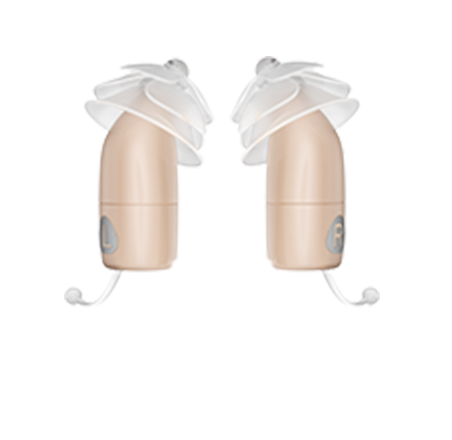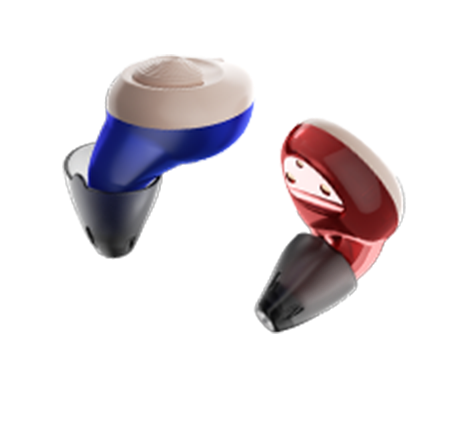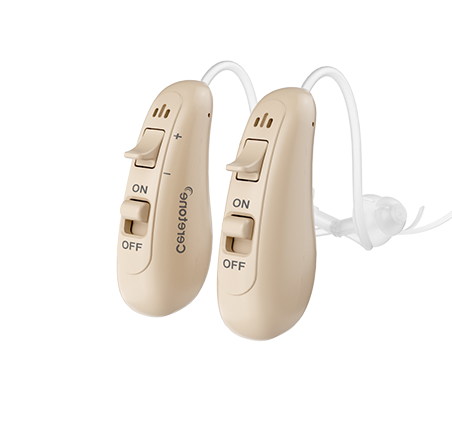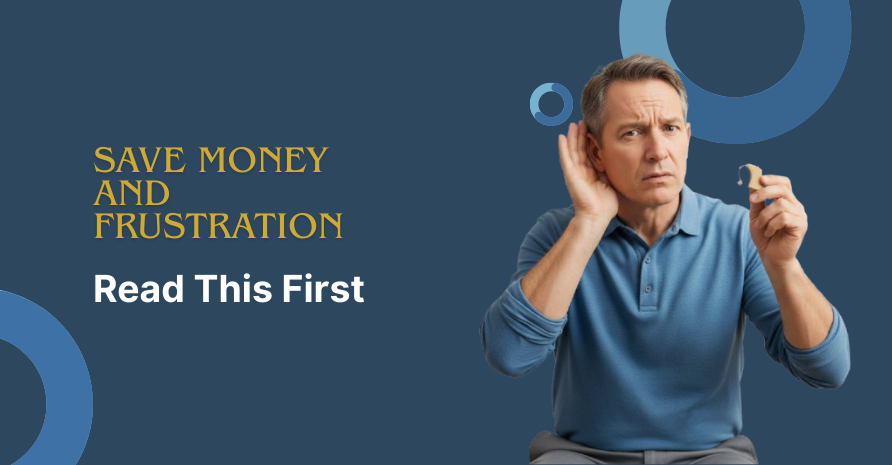
Selective Hearing: Understanding the Phenomenon and How It Affects Us
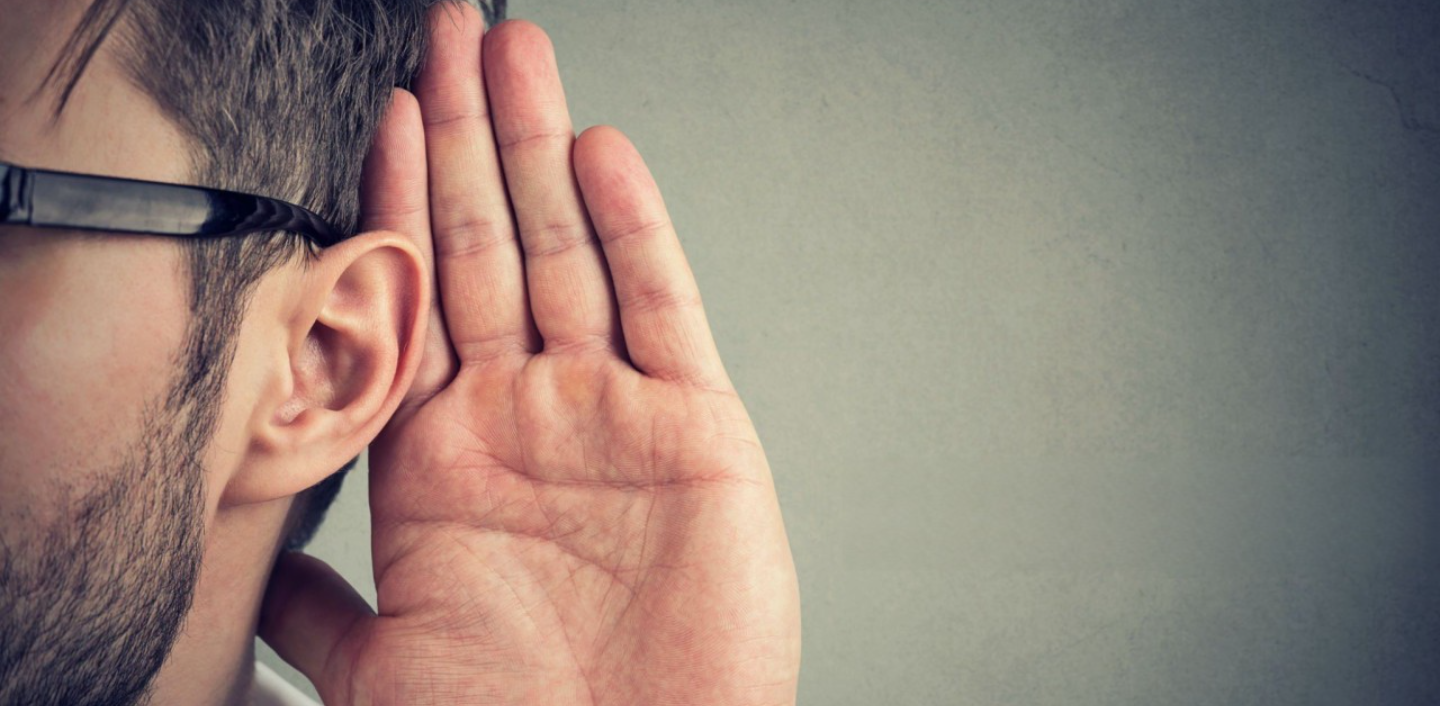
Selective hearing—it is something we all laugh at when the other person is accused of ignoring some sounds deliberately. But do you know that this is a real scientific fact? New studies about the auditory cortex, or the part of the brain that deals with sound, show that the brain is extremely flexible in sorting out important sounds. When multiple signals and frequencies generate interference and overlap each other, the brain has the ability to select those sounds it deems relevant in a process called selective hearing.
It is an interesting and useful skill – it allows us to track a conversation in a noisy environment, hear a favorite song over the noise of traffic, or, conversely, not hear our name being called. In this article, we will discover what selective hearing is, learn the possible reasons for that phenomenon, and discover how it impacts our lives. No matter whether you want to know more about psychoacoustics or you are interested in techniques that will help you stay focused – this article is for you!
What Is Selective Hearing

Selective hearing is the ability of the brain to pick certain sounds and ignore others at the same time. Consider it similar to the way your mind filters auditory signals and determines which of those are important enough that they deserve a closer listen and which are not and can thus be easily ignored. It is a normal, biological function for the human mind that enables it to filter through a lot of information that it is exposed to in a day without getting overwhelmed.
For instance, think of being in a noisy café and still wanting to read a book or listen to music. People are chatting all around you, plates and cups clinking, and music playing in the background – and yet, you can easily follow what your friend is saying. That is called hearing only what you want to hear; your ears hear only what your mind wants to listen to.
Selective Hearing Meaning
In layman’s terms, selective hearing means that your brain filters out some sounds from others. But it’s not about being somehow ‘deaf’ to certain sounds; it is about deciding what to listen to. The auditory cortex, which is also a part of the brain involved in the processing of sound, is very relevant to this process because it helps to screen out stimuli that are less pertinent.
Selective Hearing Examples
Selective hearing takes place in millions of daily situations. Here are a few:
● In conversations: It’s a weekend night; you are at a party and in a conversation with one of your friends. While there is music and people talking around you, you can easily hear their voices and avoid listening to other things around you.
● While working: Often, when you are enjoying a work that you are doing, you are not aware of what is happening in the other room; for example, a TV is on, or someone is calling your name.
● Parenting moments: A good example is when children switch off their parents’ monotonous instructions only to sit up at the mention of ‘ice cream.’
Is Selective Hearing A Real Thing
Yes, selective hearing is as real as it gets—and science has the proof. Contrary to what people often think of as a popular ruse to avoid certain topics of discussion, selective hearing stems from the way our brain works in relation to sound. Studies prove that the auditory cortex of the brain can have a filter that preempts certain tones, frequencies, and voices and screens out other sounds.
This ability is one of the basic human instincts that people have used for centuries. For instance, early humans wanted to know whether the sound they were hearing was a predator moving in the background noise, such as rustling leaves or water. Today, the same skill comes in handy when undertaking activities in complex environments, such as trying to focus on a friend who is talking in a noisy restaurant or when working.
What Causes Selective Hearing

It is for this reason that selective hearing is a result of the way the brain is used to filter specific sounds from others. It is not a defect but a very effective mechanism that aids in forwarding our attention in a noisy setting. The auditory cortex, which is the area of the brain responsible for interpreting sound, operates in a way that only selects which sounds are important enough to warrant a response and which are not important enough to warrant any attention at all. Several factors influence this process:
- Attention and Focus
The brain is programmed to focus on what is considered relevant at a particular period. For instance, if you’re engrossed in a book, your attention is more on the story being written than the people around thus making you oblivious to someone talking to you. Also, there is the emotional significance—sounds important to us will get our attention, like a loved one’s voice.
- Noise Filtering
Selective hearing is usually common when we are in noisy places, and it enables us to be attentive. This is part of the so-called ‘cocktail party effect’ where one is able to filter out different sounds and listen to one particular conversation even if there are many other conversations going on simultaneously. Your brain must be able to filter the sounds based on their pitch, frequency, and location for this to happen.
- Cognitive Processing
Selective hearing is associated with higher cognitive functions such as memory and understanding. Your brain is the one that decides that a given sound is relevant or essential in a given context, and hence, it will spotlight the sound.
- Environmental Factors
The environment is also involved. Similar to noise interference in communication, unwanted sounds, many speakers, or other sounds in the environment cause the brain to filter out specific sounds. Selective hearing is the brain’s mechanism of filtering out all the noise.
- Individual Differences
Selective hearing does not affect people in the same manner; some may hear everything but never really listen. Selective hearing can be affected by age as well as hearing ability or even neurological disorders such as ADHD or autism. For instance, some individuals find it more challenging to block out extraneous noise than others who do a perfect job of it.
Does Everyone Have Selective Hearing
Indeed, selective hearing is present, to some extent, in every person. Filtering mechanisms are a basic function of the brain that prevents the brain from being overwhelmed by all the stimuli in this loud world. However, the level of selective hearing depends on multiple factors, including attention, hearing ability, or even neurological disorders.
While people may listen to only what they want to hear, not all brains process sound in the same manner. Some factors that influence how well this process works include:
● Attention and mindfulness: Those who are more focused or attentive could be more able to screen out what is going on around them.
● Hearing ability: Selective hearing may thus be experienced differently by individuals with hearing loss because the brain is always working hard to filter the sounds.
● Neurological conditions: Such disorders as ADHD, autism, or sensory processing problems affect the way a person sorts through and pays attention to various noises, making it either more or less difficult to concentrate in specific situations.
How To Stop Selective Hearing

Here are some practical tips to reduce selective hearing:
● Practice Active Listening
Engagement means paying attention to the speaker, keeping your gaze on that of the speaker, and not being distracted. This makes you interested and keeps your brain from zoning out important areas of the conversation. Paraphrase what the speaker said to be sure you’ve understood them, and ask them to repeat something they said in case you missed it.
● Eliminate Distractions
Selective hearing happens due to environmental noise and multitasking. Do not have television, music or any other form of distraction when conducting important discussions. If so, it’s advised to switch to another area with less noise for better concentration.
● Improve Your Attention Span
Selective hearing particularly takes place when a person is distracted or else their mind is made up of other things. You can try doing things such as meditation or even playing games to enhance the ability to focus on the conversation and, therefore, be able to listen effectively.
● Ask for Clarification
Whenever you find yourself daydreaming or missing out on some words or sentences, you should politely request the speaker to repeat what they have said. This demonstrates your willingness to learn and also avoids situations where you may be unaware of the other person’s feelings and expectations.
Is Selective Hearing A Medical Condition or Disability?

No, selective hearing is not a medical condition or a disability. It is an essential cognitive mechanism by which the brain learns to sort out what to listen to and what is irrelevant. Nonetheless, when it comes to selective hearing, there are some cases where doctors can establish a connection with medical or neurological causes of the disability, which would determine how it is exhibited.
Selective hearing in isolation is not a disability. Nevertheless, if it is associated with a detected disorder, such as LLP or ASD, adaptation may be required to help people in concrete settings, including schools or offices.
If selective hearing is becoming problematic in your day-to-day life when following conversations or even when focusing during serious occasions, then it is high time you visit a doctor. Your audiologist or a neurologist can help determine if there is a medical reason for the problem with your auditory system.
Conclusion
So, the next time someone accuses you of “only hearing what you want to hear,” you can confidently respond with the science behind it. Selective hearing isn’t just a choice—it’s an amazing feature of the human brain that helps us focus, connect, and thrive in an otherwise noisy world. And who knows? A deeper understanding of this phenomenon might just make you a better listener, too!
